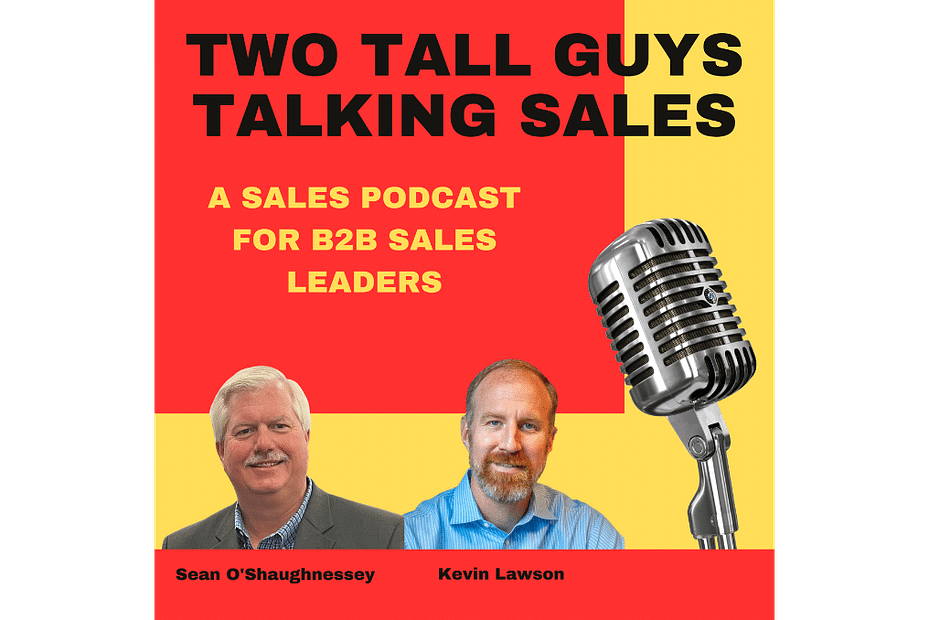Why AI in B2B Sales Fails at the Last Mile and How to Fix It
Most conversations about AI in B2B sales focus on speed. Fewer focus on control. That is the blind spot.
AI can produce drafts, summaries, research, and follow-up frameworks in seconds. That part is real. But the final 20%, the last mile, is where revenue quality is either protected or destroyed. That final layer requires human judgment: context, timing, risk assessment, and the decision of what should happen next.
The central operating issue in sales today is not effort. It is an allocation. Too many high-value salespeople are spending prime hours on low-value administrative work. CRM cleanup. Internal updates. Document hunting. Manual transcription. Reformatting information that should already be structured. That is a sales management design flaw, not a rep discipline issue.
When sales organizations fix this, performance changes fast. More customer-facing time creates more trust-building interactions. More trust creates better access, stronger positioning, and better conversion outcomes. This is not theoretical. It is how revenue generation compounds in real markets.
The right model is not “AI only.” It is a hybrid model: deterministic automation for correctness, AI for speed and language quality, human oversight for business judgment.
Deterministic systems should control anything that must be exact: pricing, contract elements, offer logic, approval rules, and data integrity. AI should then layer natural language, personalization, and messaging refinement on top of verified inputs. This is how you scale value selling without introducing preventable errors.
If your team is still using AI as a standalone drafting tool, you are under-leveraging it. If your team is sending AI output without last-mile review, you are overexposing the business. The goal is not automation theater. The goal is repeatable, high-confidence sales processes that increase throughput without compromising trust.









